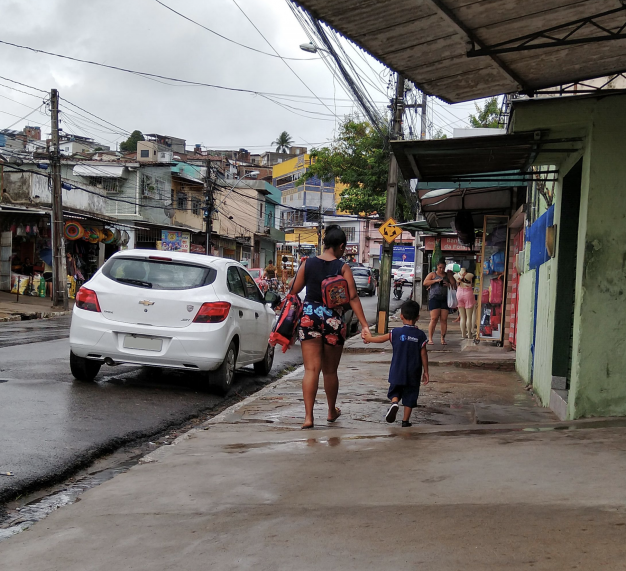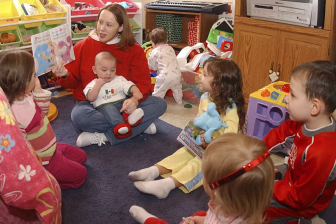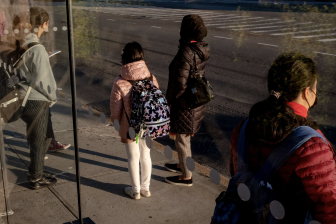
Lessons from Brazil: Cities’ urban mobility policies must meet the needs of youngsters
The experiences of children in the Brazilian city of Recife could teach other municipalities some vital lessons about the relationship between urban mobility and childhood development.
That’s one of the conclusions of a year-long study which was designed to examine how the quality of life of babies, toddlers and their caregivers is affected by how easy – or hard – it is to access facilities and to move safely around the city.
If cities like Recife are to be more child-friendly, says the study, then they must be able to properly plan their mobility policy infrastructures with these young residents in mind
Brazil’s Institute for Transportation and Development Policy (ITDP) led the project from 2019 to 2020, and which produced two reports, with support from the Bernard van Leer Foundation and the Recife city authorities. And while First steps: urban mobility in early years uses Recife as its case study, its authors say there are findings that can be applied both nationally and globally.
‘Plan, monitor, execute, monitor and evaluate’
ITDP says the first report tackles ‘the perspective of caregivers on the direct and indirect impacts of the quality of urban space and walking mobility infrastructure on children’s lives and the importance of bus stops in their daily commute’.
The second report looks at the obstacles and issues identified by caregivers on the local bus network, along with potential opportunities and challenges for public authorities and transport operators who work, directly and indirectly, with urban mobility guidelines and/or early childhood.
The Bernard van Leer Foundation says that what the study shows is that for cities to be better prepared for accommodating the ‘early years’, they must be able to plan, execute, monitor and evaluate mobility policies and projects in a coordinated and transversal way’.
Click here for more on the study from the ITDP website. The reports (in Portugese only) can also be downloaded as PDFs.




